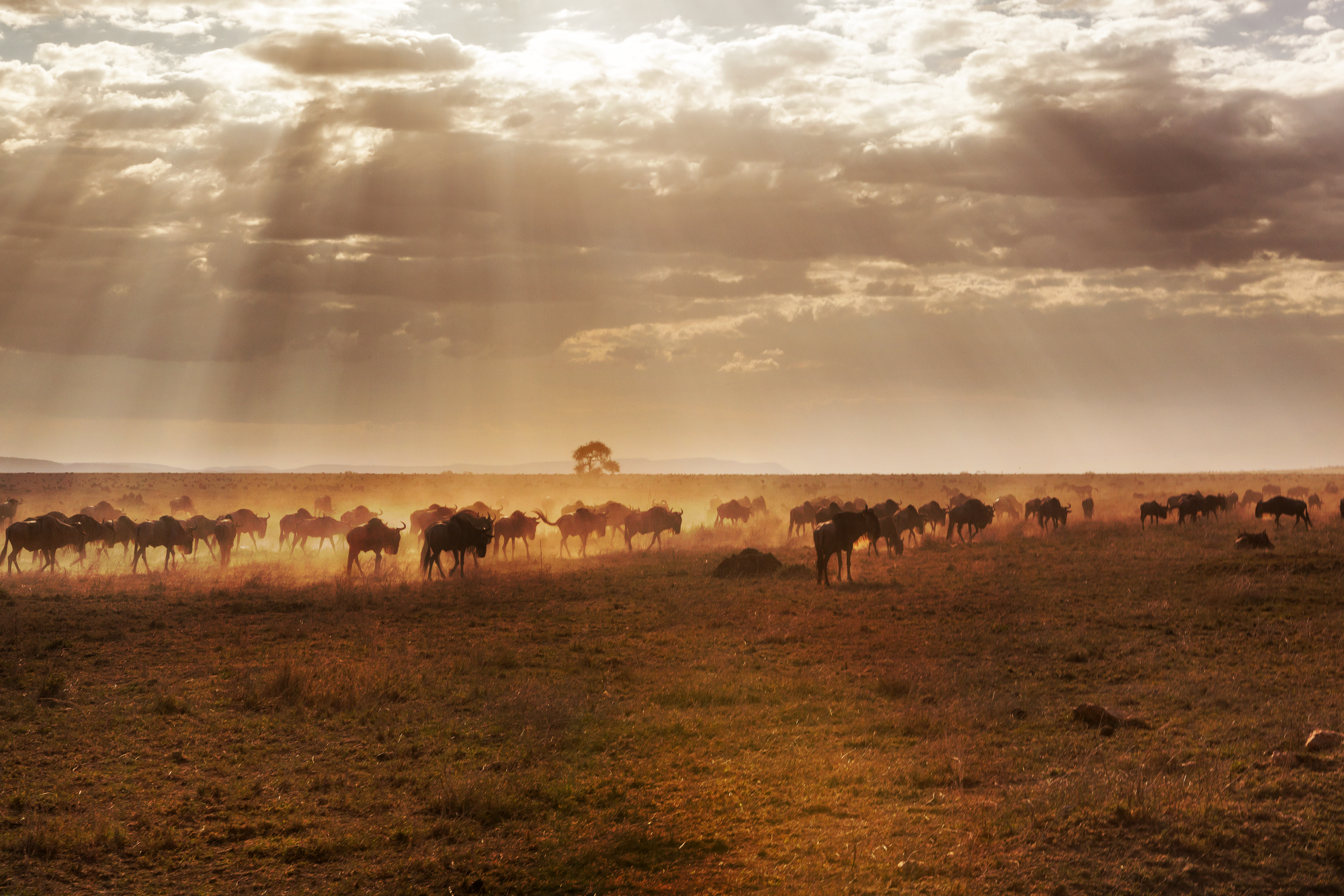The Katavi-Rukwa Ecosystem in western Tanzania faces significant declines in large mammal populations, including giraffes, hippopotamuses and warthogs, as evidenced by aerial census data from 1988 to 2002. While rainfall patterns and disease outbreaks do not appear to be primary factors, illegal hunting (poaching) and potentially unsustainable tourist hunting quotas are likely key contributors. Despite protected areas, human-induced pressures persist. Urgent action is needed, including reassessing hunting quotas, strengthening anti-poaching measures, implementing stricter regulations, promoting long-term lease agreements and conducting regular wildlife censuses. Addressing the socio-economic drivers of poaching is crucial. A holistic approach involving policy reforms, community involvement and research is essential to reverse these declines and ensure the ecosystem’s long-term biodiversity.

